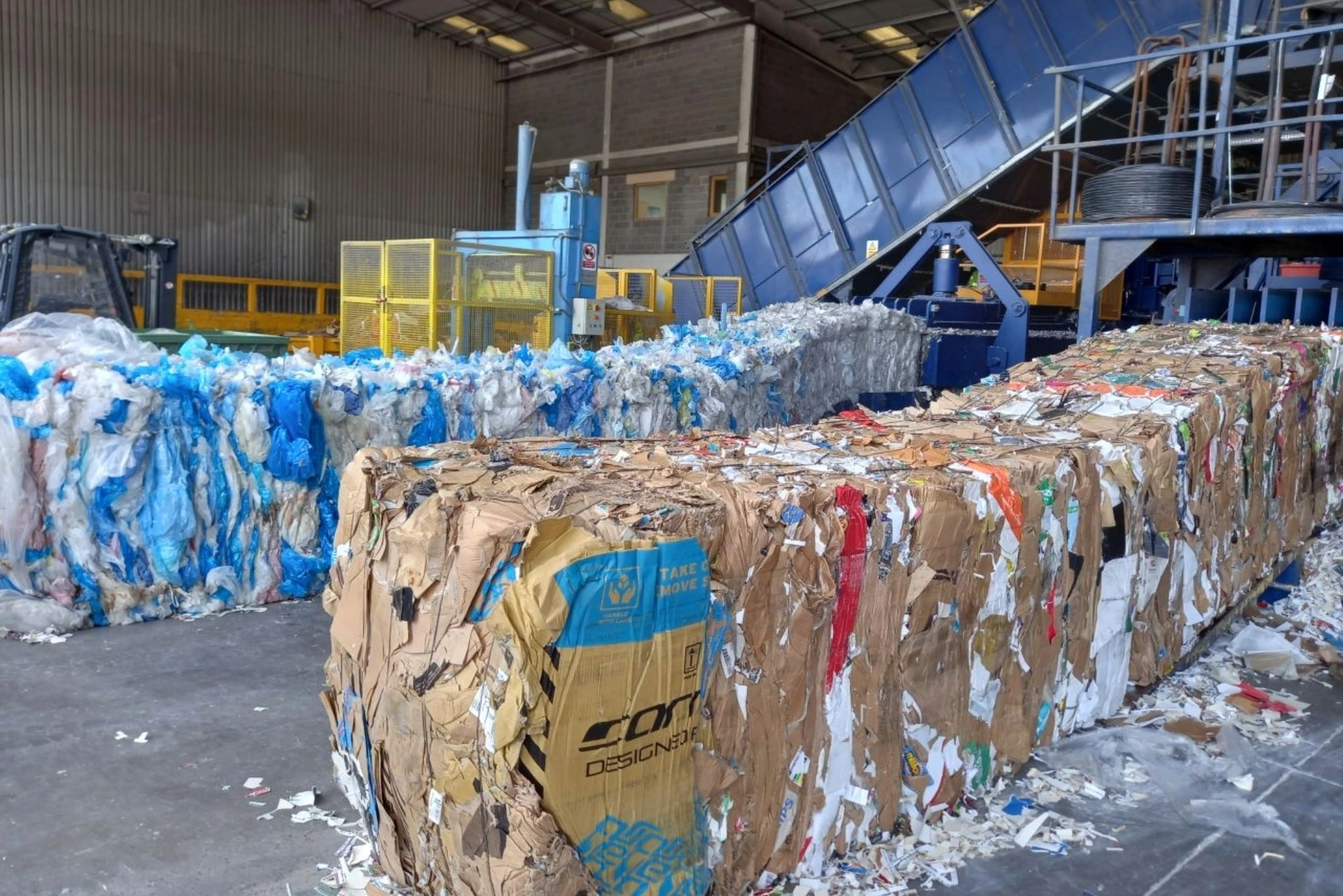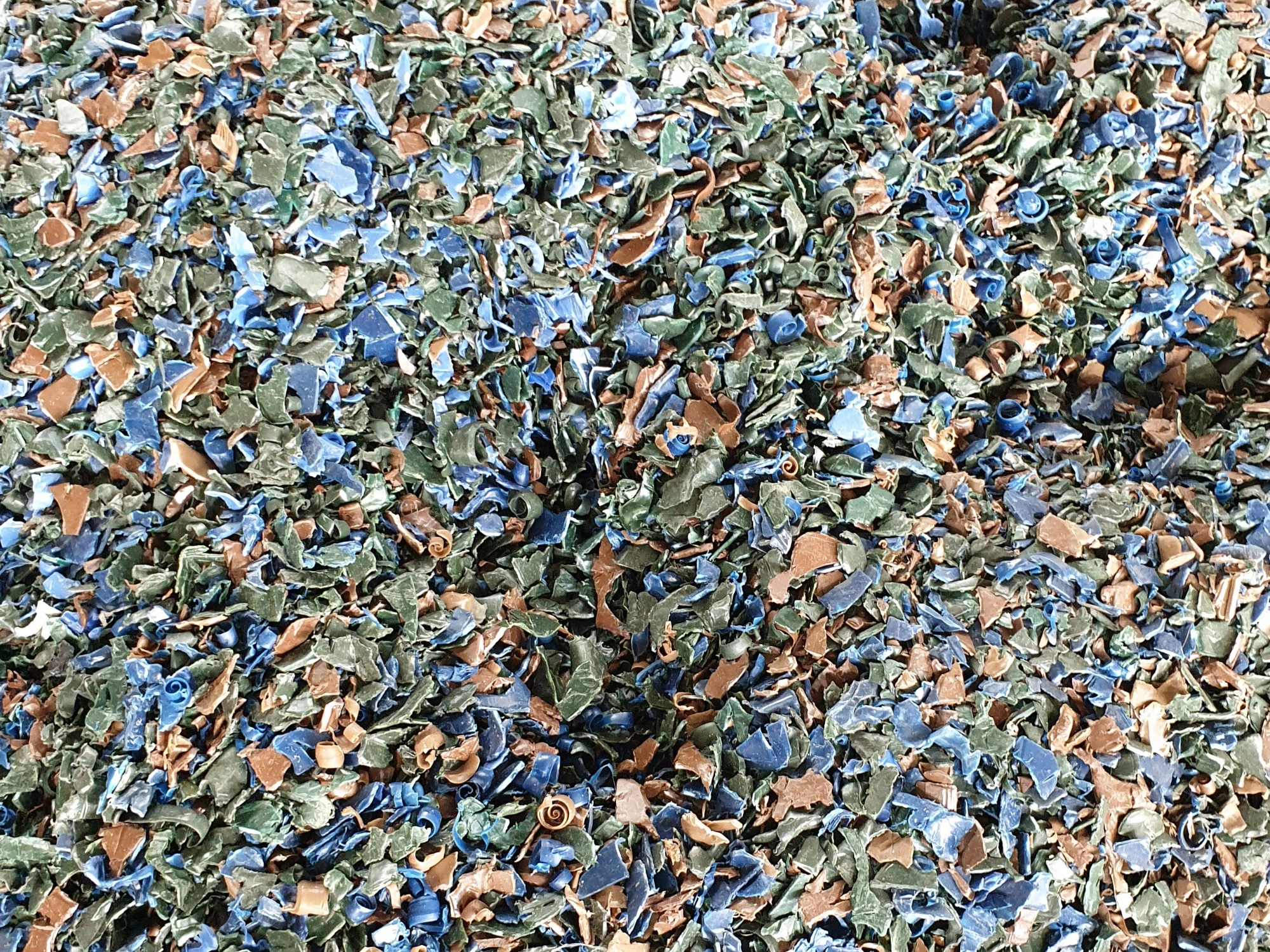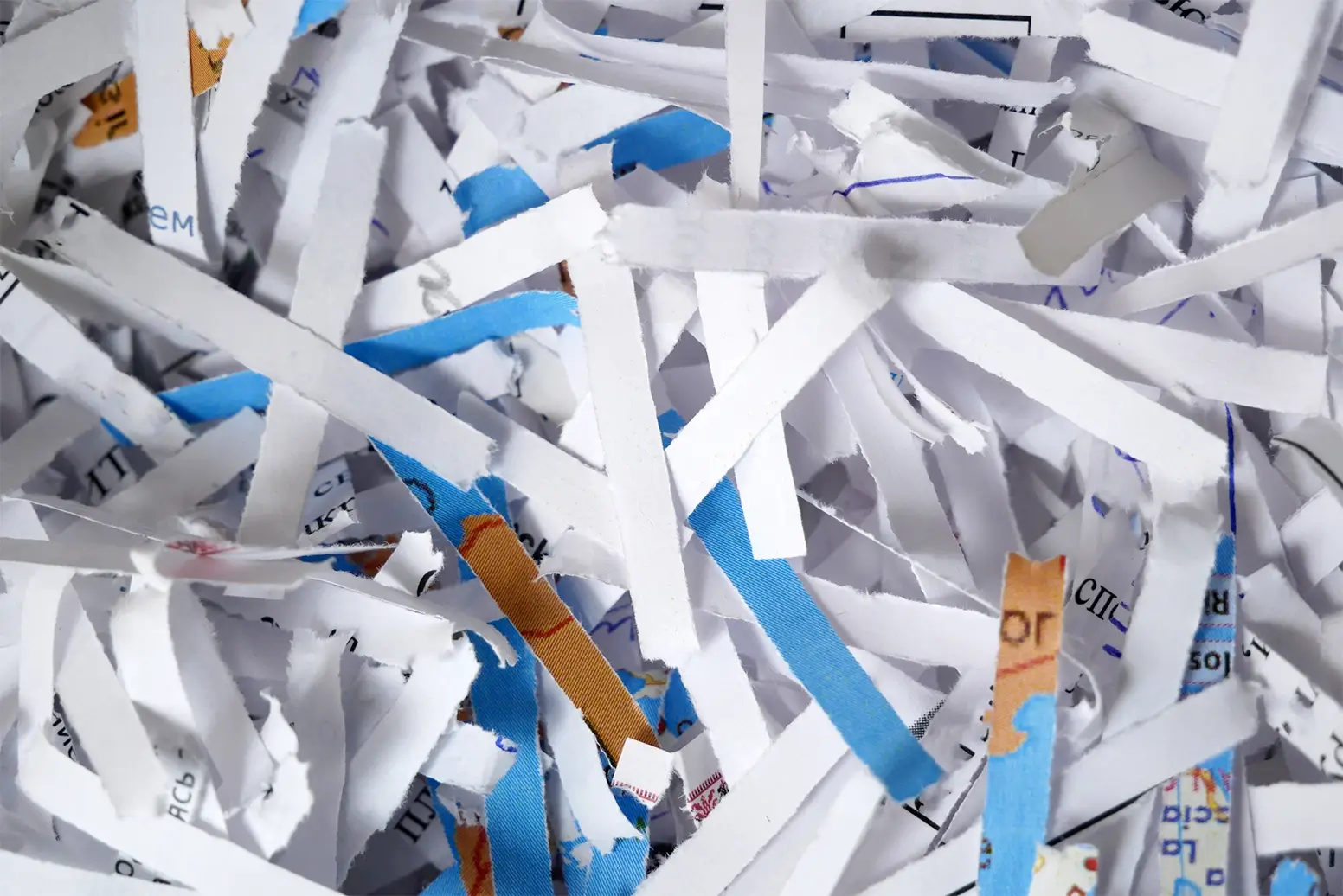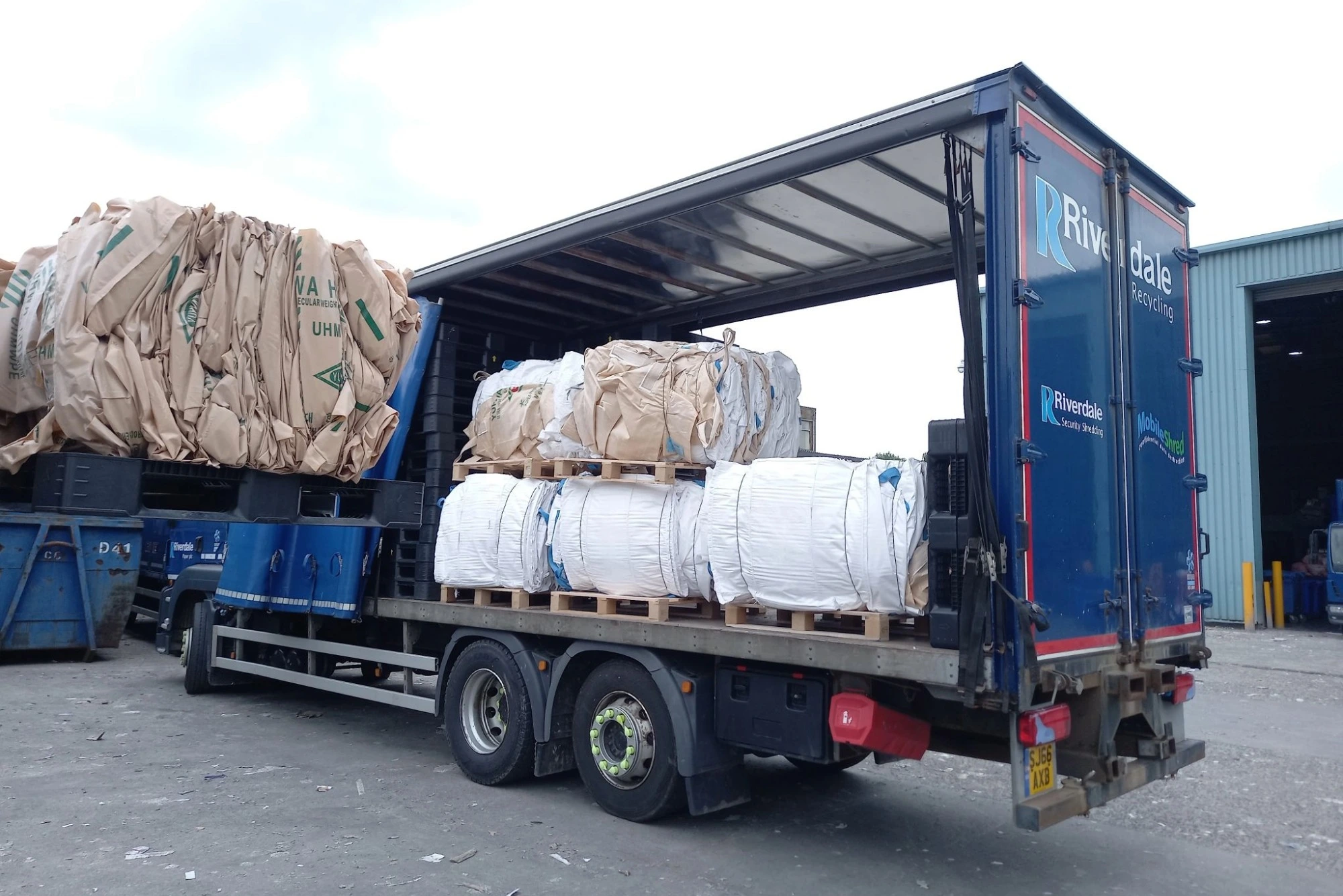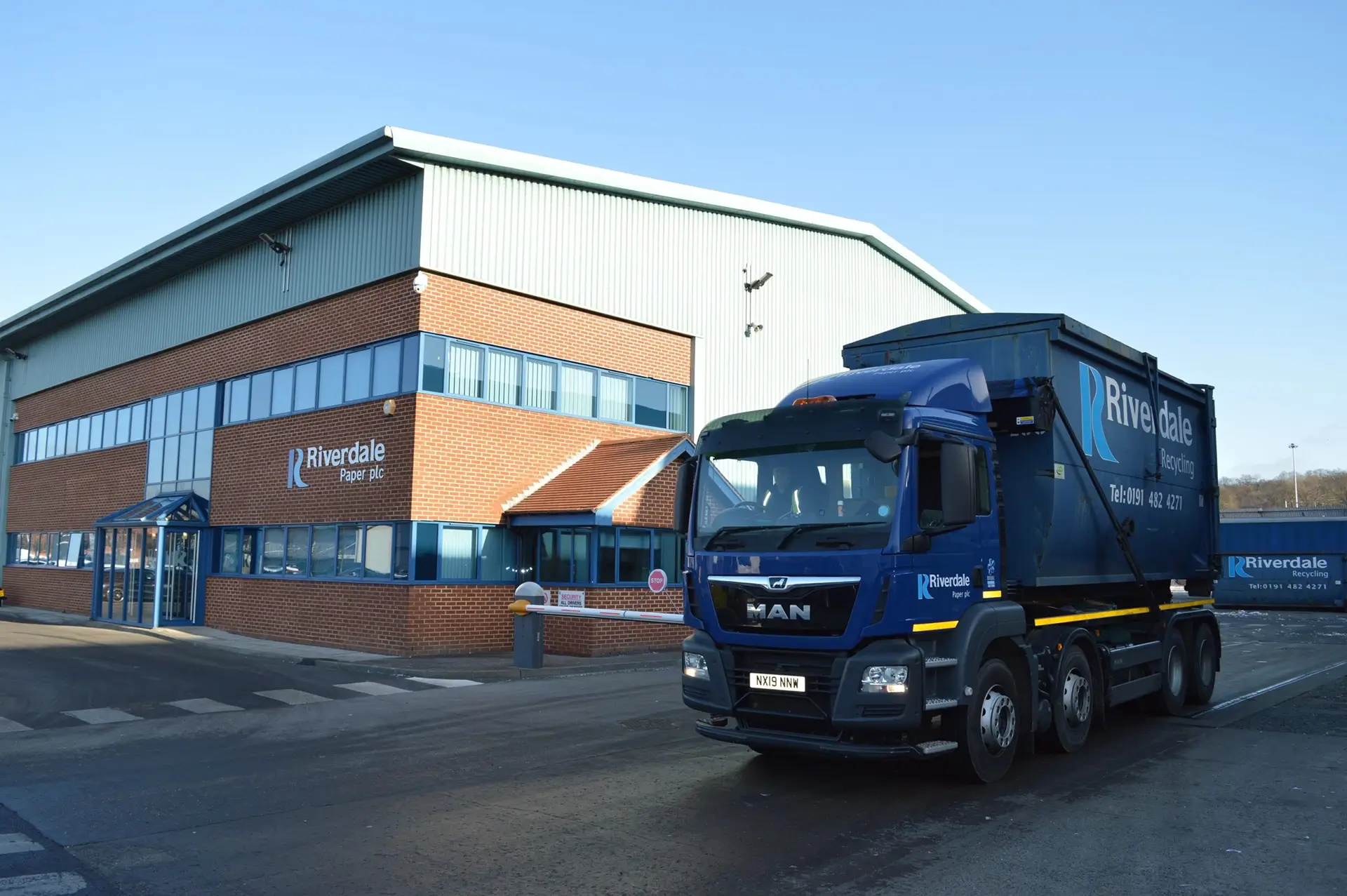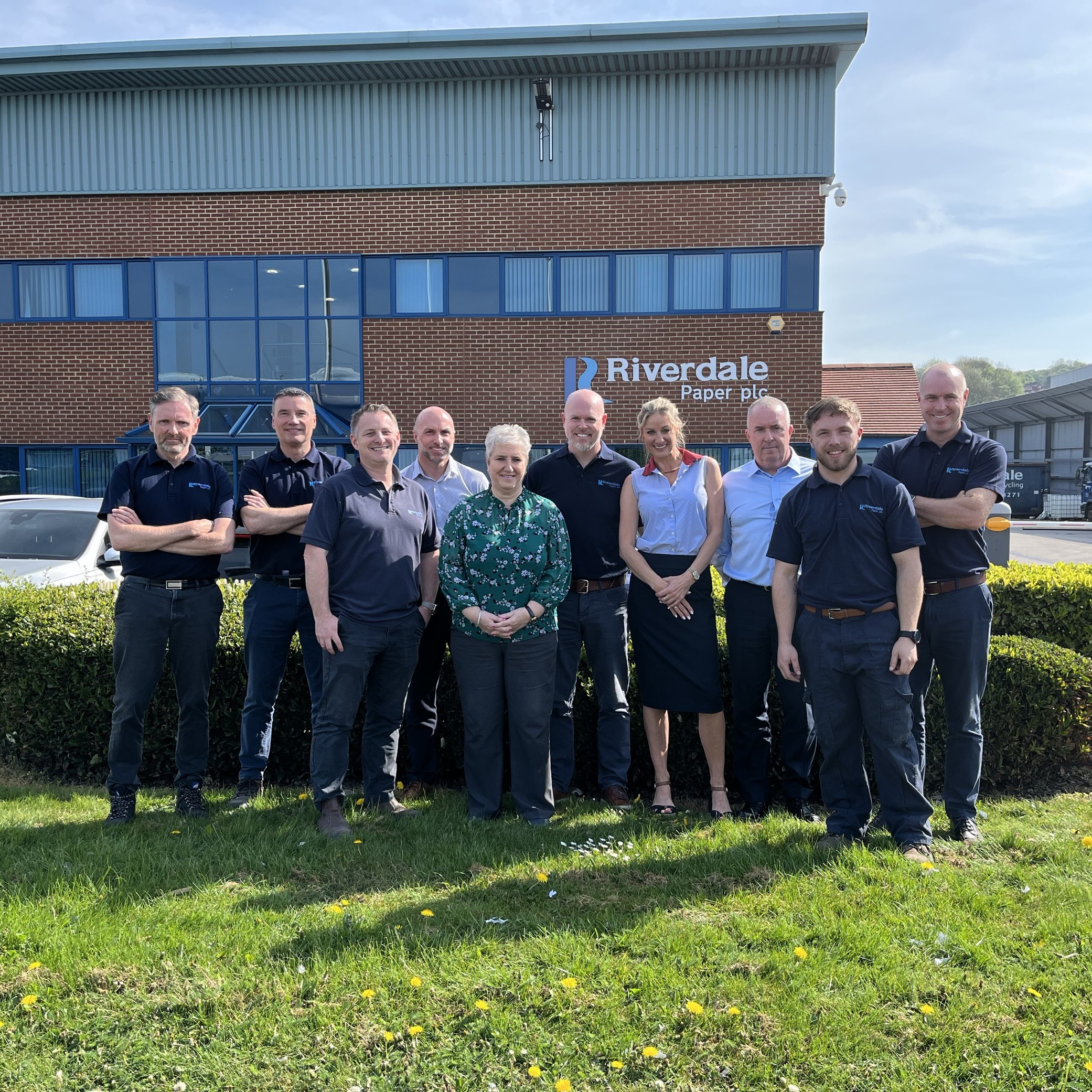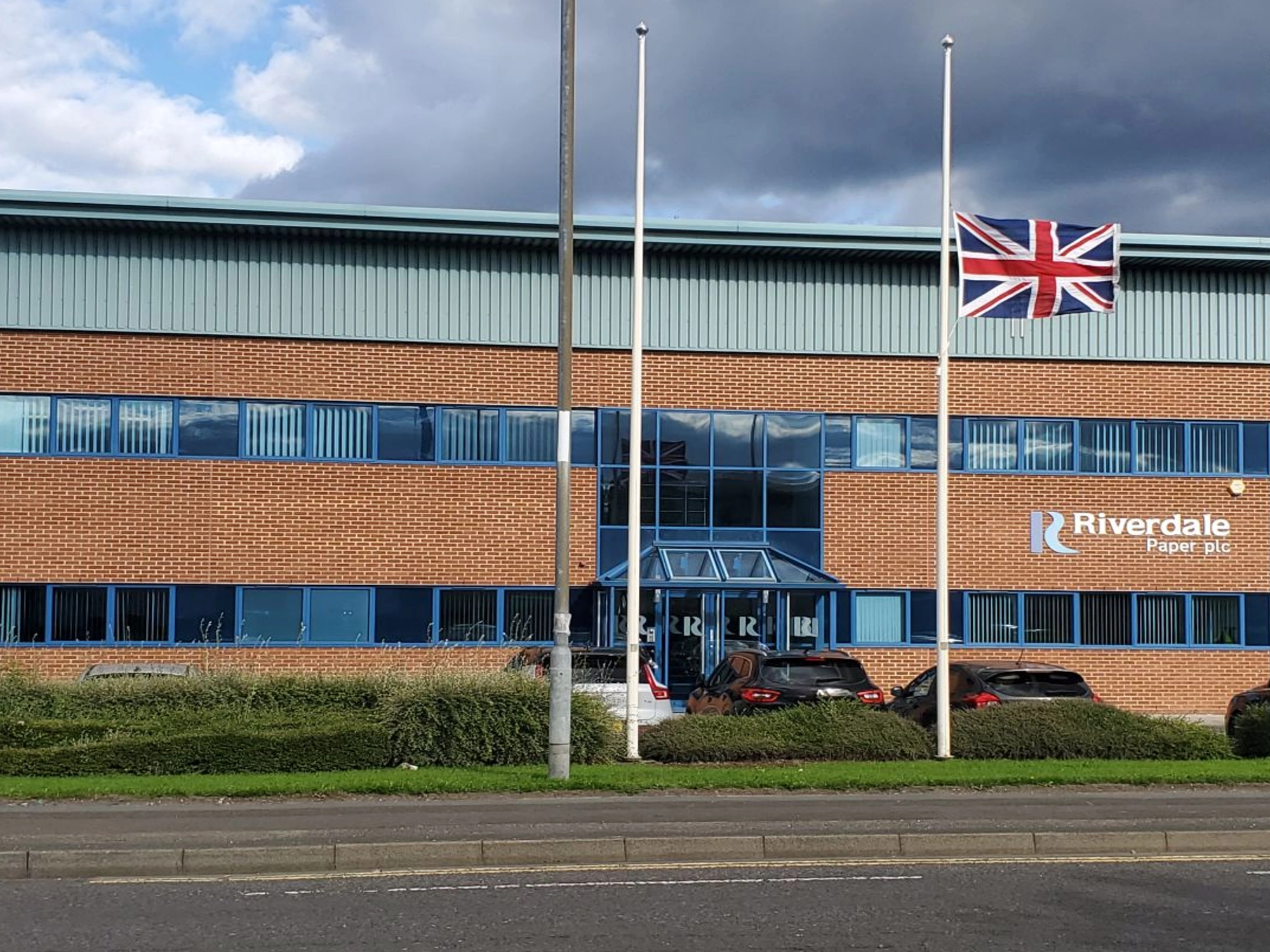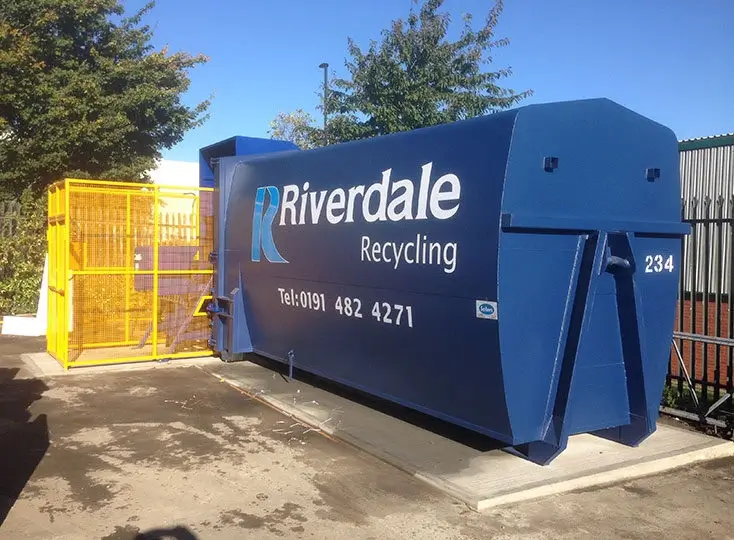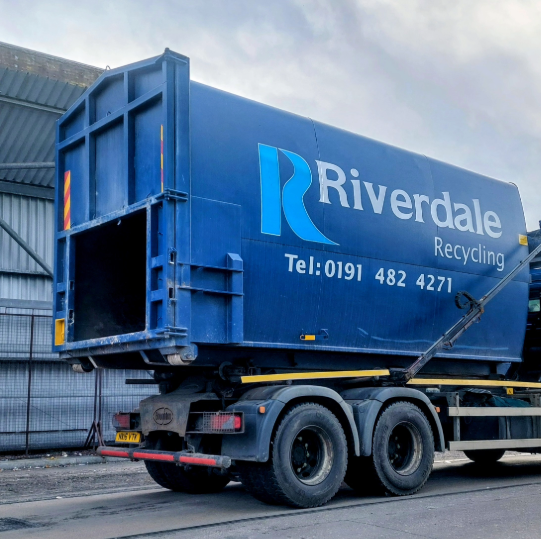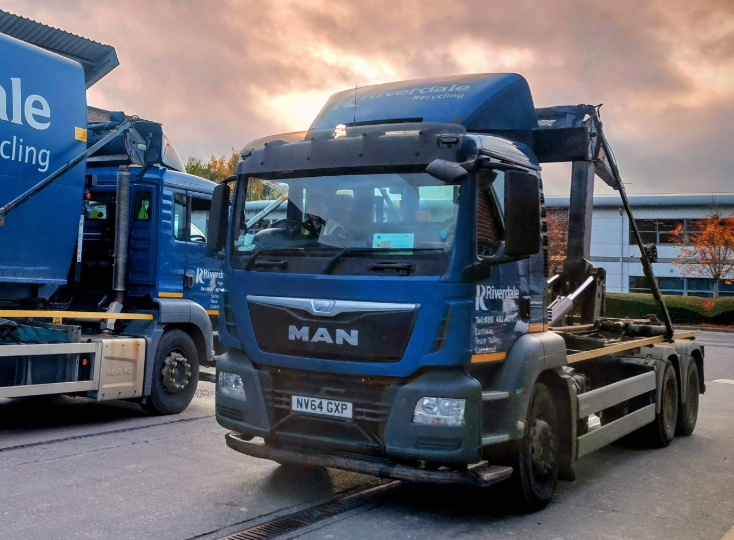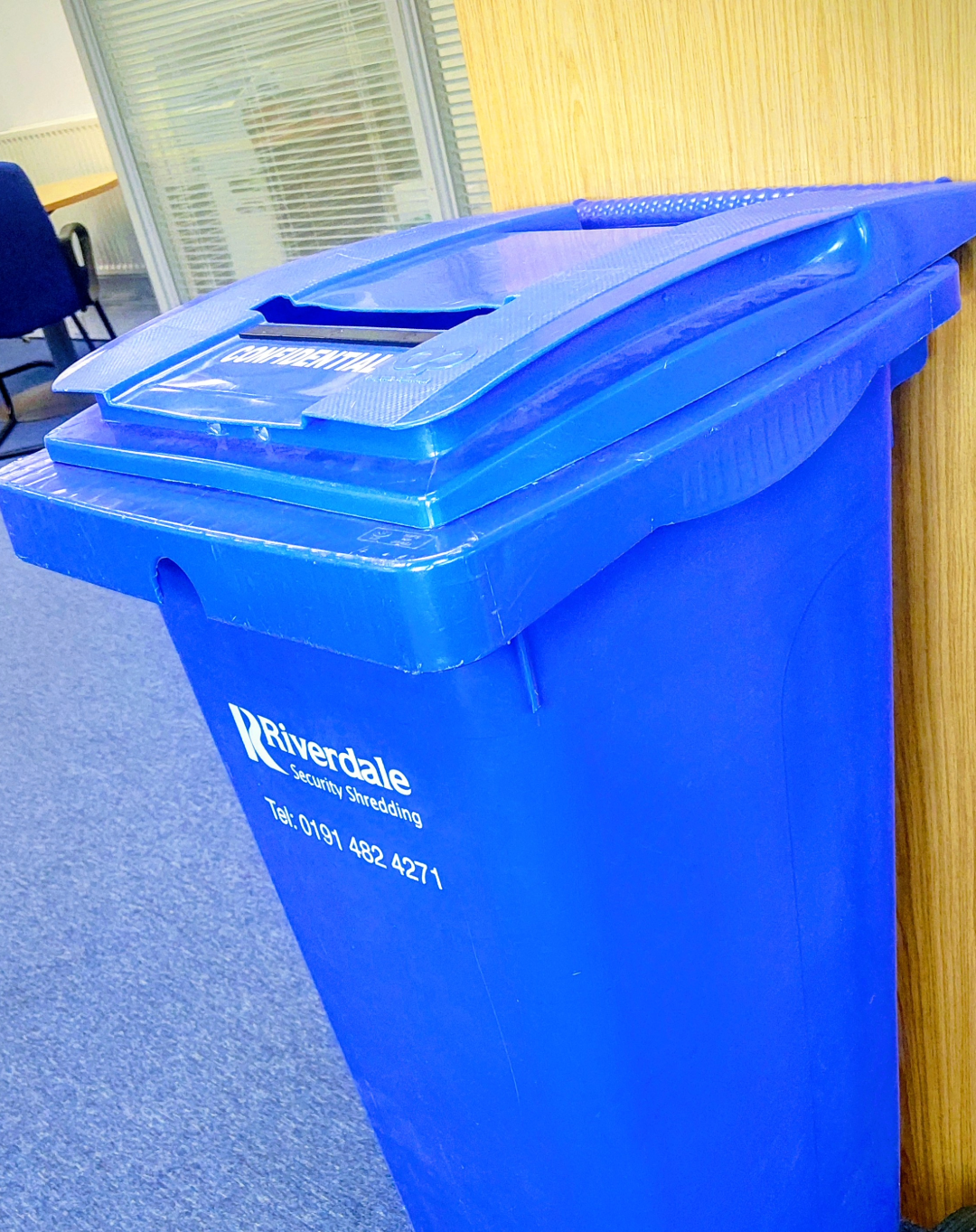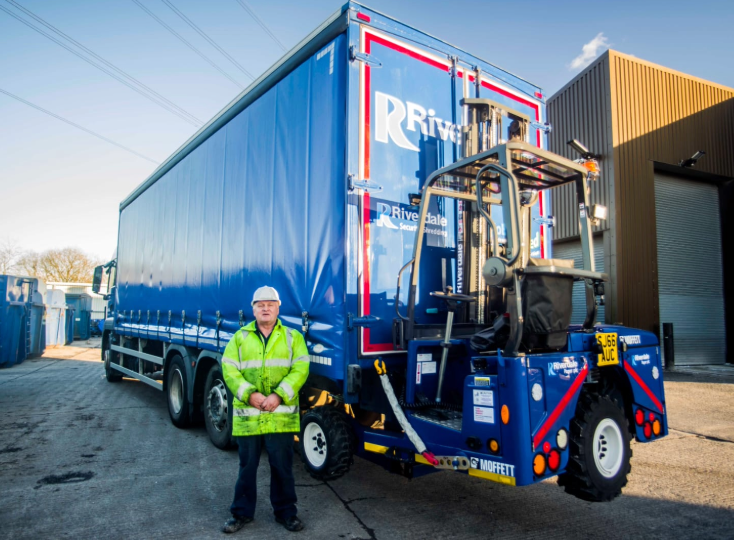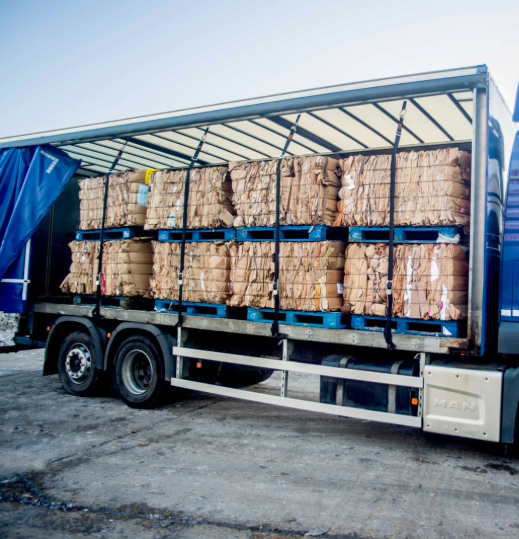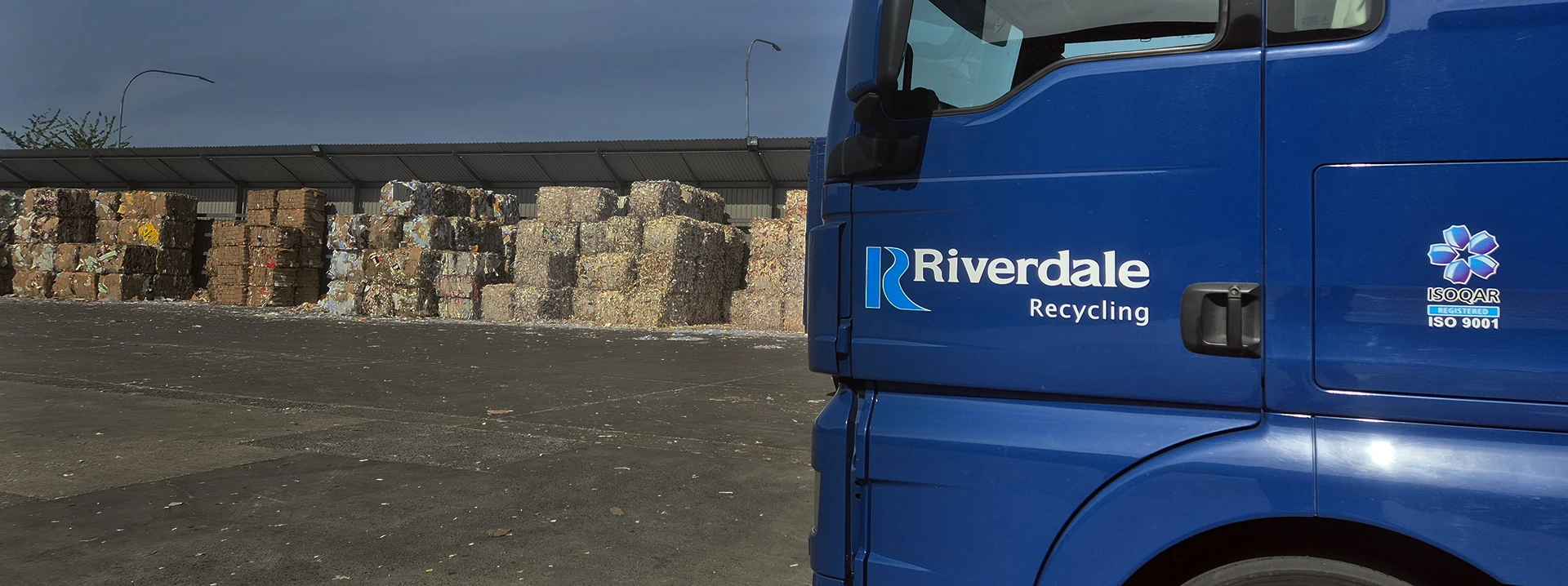Paper
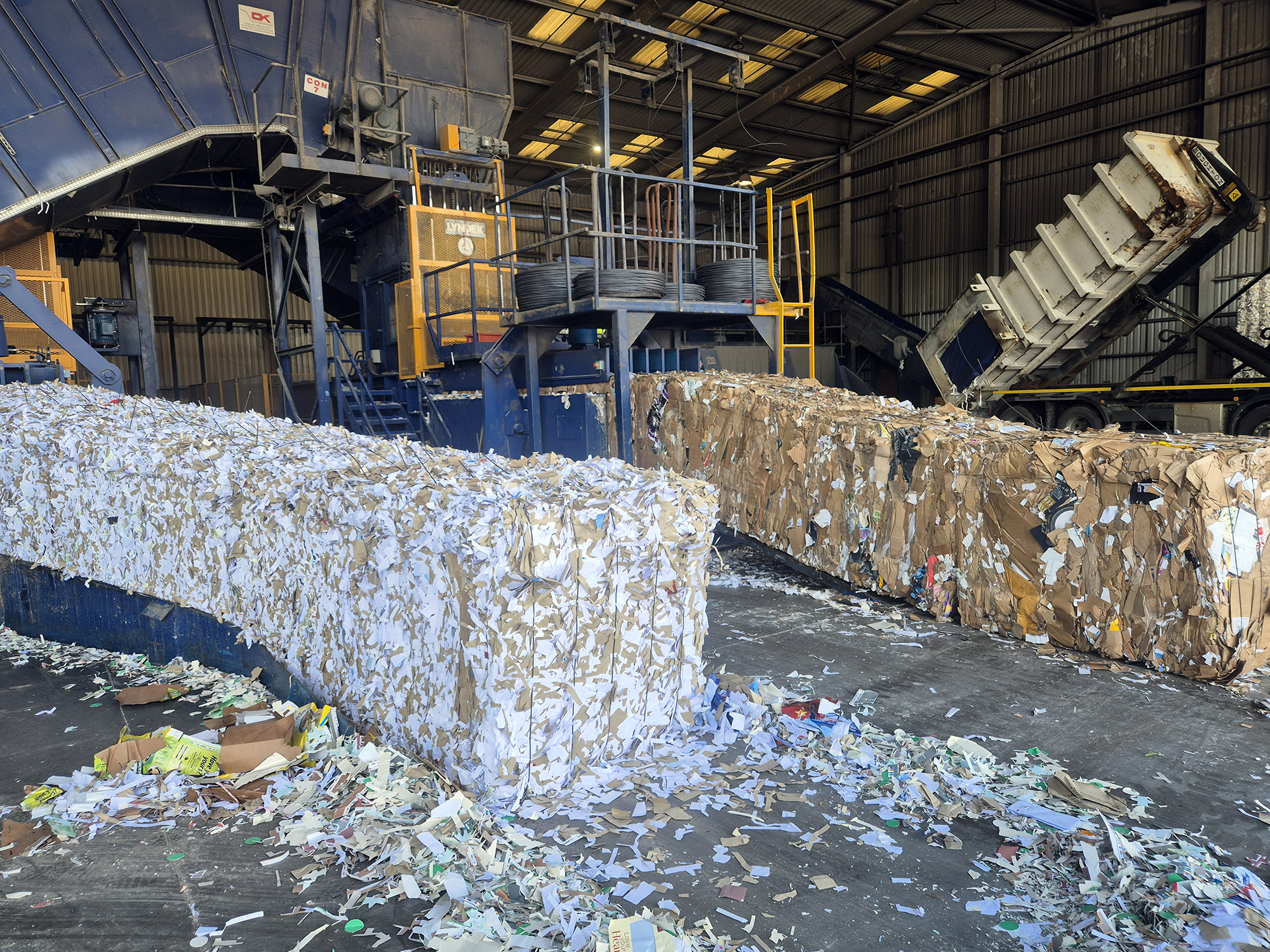

0
tonnes of commercial and industrial (C&I) waste generated in a year
0
tonnes of residual waste treated in the UK annually, approximately
0
tonnes of RDF estimated to be exported from the UK annually as an alternative energy source
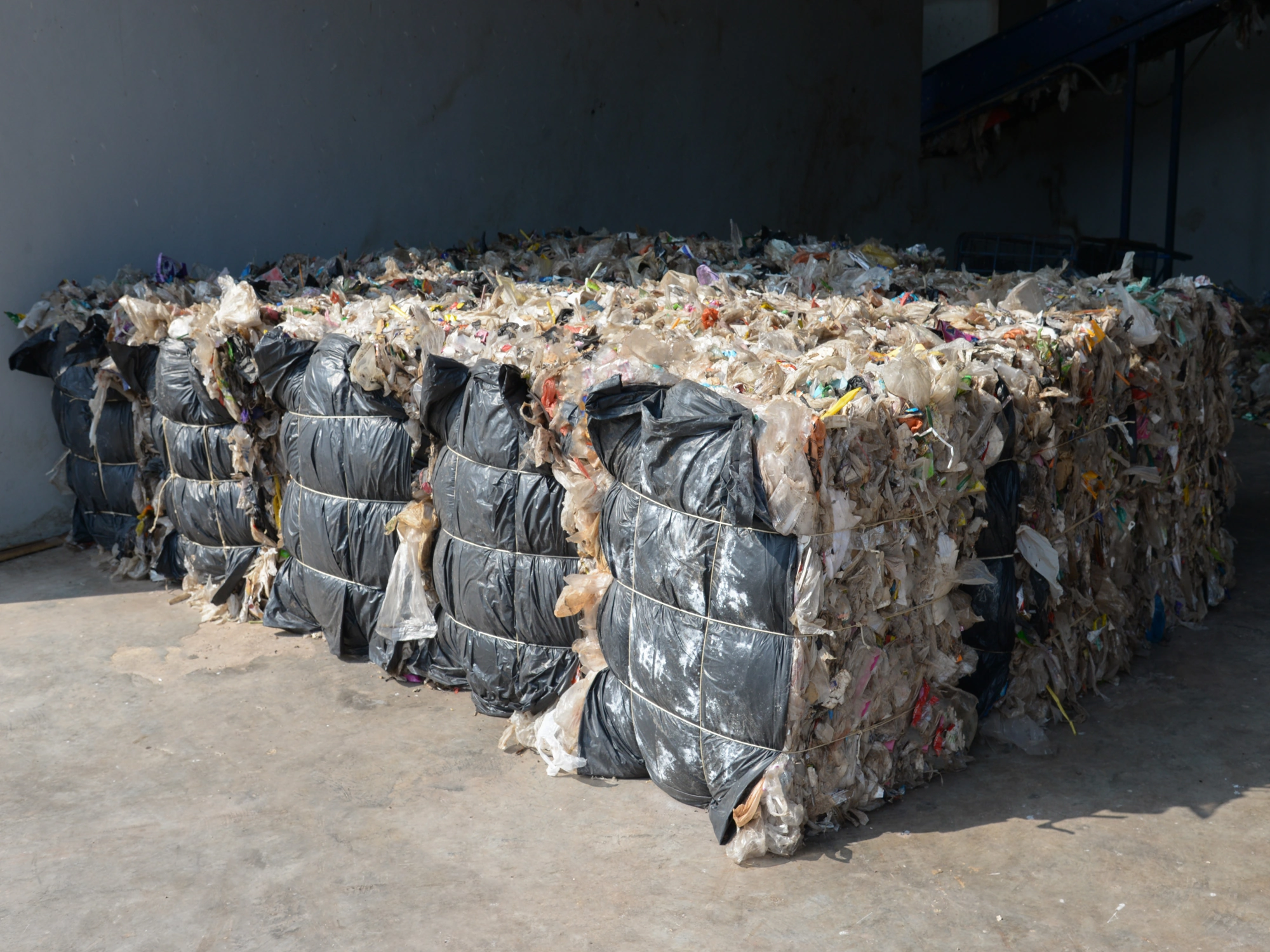
Container options
We offer flexible and comprehensive collection and storage solutions tailored to your business’s specific needs, including skips, sealed bins, compactors, stand-in trailers and baling machines.
For large-scale operations, we provide roll-on-off containers (40yd³) and roll-on-off compactor units (40yd³) to maximise storage and minimise collection frequency. For smaller businesses, we offer convenient 140-1100 litre wheelie bins, as well as 8yd³ and 10yd³ FELs.
How is RDF produced?
Incoming waste, from various sources, is initially processed at our recycling sites, where recoverable materials are extracted. The remaining waste is then transformed through shredding, treatment, and compression into RDF. This prepared fuel is subsequently combusted at high temperatures, typically around 850°C, within a specialised chamber. The resulting heat, with the addition of oxygen, generates steam, which is then harnessed to produce energy.
Where can RDF be used?
Refuse-Derived Fuel finds application in diverse energy recovery systems, notably in combined heat and power plants for generating both electricity and municipal heating. Additionally, it serves as a fuel source in processes like cement kiln operations, plasma arc gasification, and pyrolysis.
What are the benefits of RDF?
RDF is a beneficial commercial waste management option because it reduces landfill use by converting non-recyclable materials into renewable energy. For businesses aiming for sustainability, this complements other waste-to-energy methods. Our comprehensive services provide support for various waste streams, beyond just RDF.
How should I organise my business waste for RDF production?
Before considering RDF, businesses should strive to reduce waste generation, reuse materials when possible and recycle as much waste as feasible. This starts with proper storage and handling. We offer a variety of container options and tailored collection services to support businesses in separating waste into different streams. To book a site audit and find out how we can help you with your business waste, please contact us.

Book your free site audit
Let us help you classify your waste streams and maximise recycling opportunities, reducing your environmental footprint and increasing efficiency.
Serving UK businesses for over 40 years
We have built a legacy of expert waste management, driving innovation in sustainable recycling solutions.
Operating a Zero Waste to Landfill policy
We strive to eliminate landfill reliance through meticulous sorting, processing and innovative waste-to-energy services.
North East based, delivering nationwide services
We're a North East company with a national footprint, supporting businesses across the UK.
Expert knowledge with a personalised service
We tailor our waste management solutions to meet your unique business needs, offering ongoing support.
